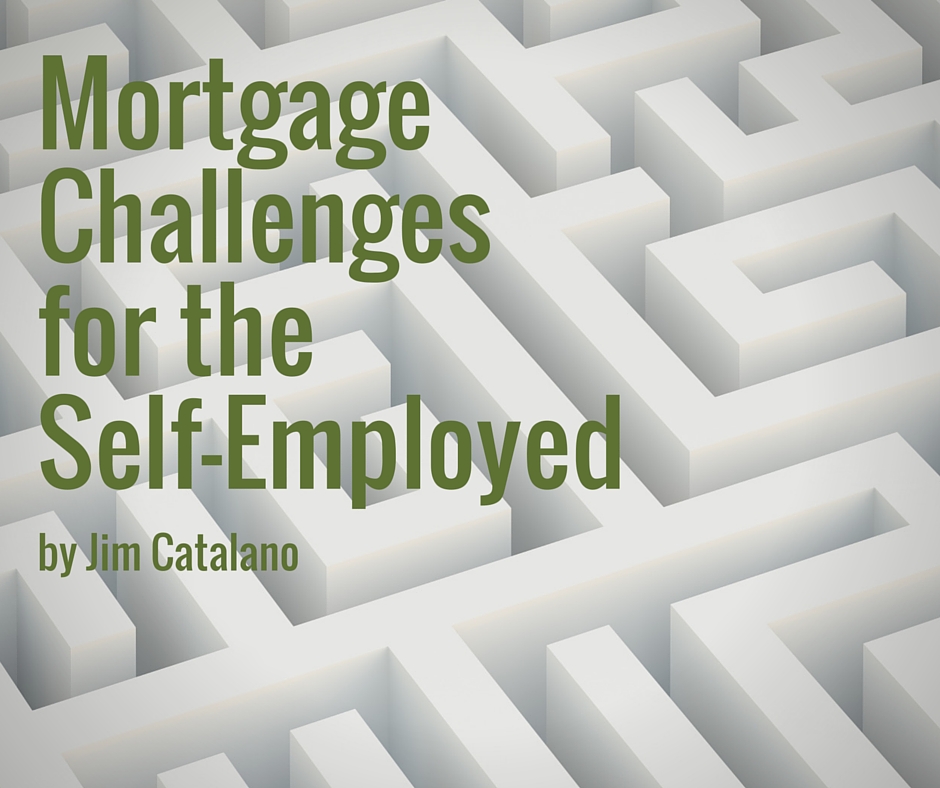
There is no doubt getting a mortgage when you are self-employed is a more challenging process than an employee who only has to provide a W-2 for verification of income. The self-employed not only have to worry about running their business but also in making sure they have two years tax returns that show a sufficient average income to qualify.
Following are the most common challenges self-employed mortgage applicants will face:
1. You have a new business
According to Bloomberg, 8 out of 10 entrepreneurs who start businesses will fail within the first 18 months. A whopping 80 percent crash and burn.
Now that we know this, you can see why lenders want to ensure your business is sustainable and can withstand some crunch time should your business falter. This is why the lender wants to see some longevity to your business. Most conventional loans will require two (2) years of self-employed tax returns. There are a few exceptions to that rule, but there must be some great compensating factors.
If you do not meet that guideline, you might opt for an FHA loan. You still have to get a two-year exception from the lender and the rest of your loan application should be stellar, meaning excellent credit, money in the bank, and a very strong first year of running your business.
2. You have income swings
When you are self-employed, lenders want to see stability or growth. If your income is up one year and down the next year, you will have some explaining to do. If your business is growing each year, you have little to worry about with regards to underwriting.
If income has been declining, be proactive to build a case to underwriting. You might want to have your accountant provide a letter of explanation if it helps as well as provide additional tax returns.
3. You have lots of deductions
This is the biggest hurdle for most self-employed borrowers. They, like any person with common sense, will deduct every legal deduction possible. The problem though, is the lender wants to see cash flow and be sure you have the funds to pay the mortgage.
If you are considering amending a tax return to remove a deduction to qualify for a mortgage, be careful. Freddie Mac considers this a “red flag for fraud.” There is nothing wrong with doing this after buying or refinancing, but during the process, it could be a factor that is not in your favor.
4. You co-mingle personal and business funds
It is best to help the underwriter see your business expenses and follow along with ease when looking through your tax returns. When you pay groceries or personal credit items through your business, this can become a nightmare to decipher. It is best to keep business and personal separate.
Other options to consider
If you read this, and now you are discouraged, there are other options you can consider.
Most of the issues surrounding self-employed applicants are a result of mortgage reforms handed down by Washington that require lenders to verify your ability to repay the loan. However, the law does not say that you must use tax returns to qualify.
Some programs allow self-employed borrowers to prove their income using 24 months of bank statements. These loans have slightly higher interest rates and require a larger down payment. It’s not the ideal loan, but it’s great if it’s the last resort.
